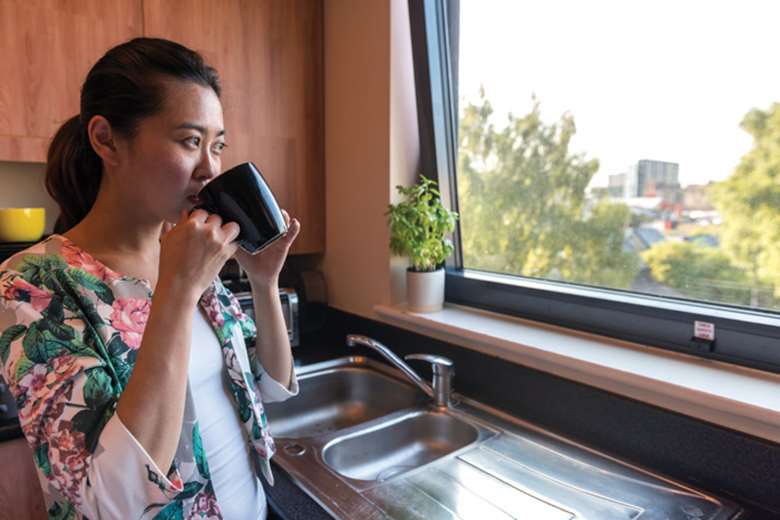Care leavers experience more lonlieness and anxiety, report warns
Joe Lepper
Thursday, November 26, 2020
Care leavers suffer from significantly higher levels of loneliness, financial problems and anxiety than those without experience of care, a charity has warned.

In its survey of more than 1,800 care leavers, Coram Voice, has found that around a fifth (22 per cent) reported high levels of loneliness. This is more than double the 10 per cent of 16-to 24-year-olds in the general population who report often feeling lonely.
The proportion rises to 35 per cent among care leavers with a disability or long-term health problem.
The survey was conducted before the Covid-19 health crisis and Coram Voice is warning that many of these problems “are likely to have been exacerbated recently”.
Coram Voice says “a key determinant of well-being is having positive social connections” adding that “chronic loneliness”, where people always feel lonely, is linked to poor physical and mental health.
The charity found that two thirds (67 per cent) of care leavers report feeling lonely at some point in the few weeks before they were surveyed.
Those in rented accommodation are more likely to often or always feel lonely than those in foster care or supported accommodation. The study found no link between loneliness and ethnicity.
Coram Voice warns that care leavers’ sense of loneliness increases as they get older, from 20 per cent among 21-year-olds to 34 per cent among 22-year-olds surveyed.
A factor in the increase could be due to support services tailing off for care leavers when they reach 21, says the charity.
The survey, which was carried out in collaboration with the Rees Centre and detailed in the What Makes Life Good report, aims to examine the well-being of care leavers, looking at their feelings and emotions.
It also found that a third (33 per cent) suffer from anxiety and 16 per cent feel unsafe where they live.
In addition one in five care leavers (20 per cent) say they struggle financially. This is more than twice the proportion of their non-care experienced peers (nine per cent).
Councils are being called on to put in place care leaver programmes that build trusting relationships and tackle loneliness. Emotional and mental health support needs to be prioritised as does housing and financial support, adds the charity.
The survey’s findings are part of a series of reports by Coram Voice on the views of 10,000 care leavers and children in care.
“Our aspirations for young people leaving care should be the same as for our own children; that they thrive and grow to become confident young adults able to find their way in the world,” said Coram Voice managing director Brigid Robinson.
“To achieve this, we need to understand what is important to them; what they love doing, their hopes and feelings and what could make things better.”




